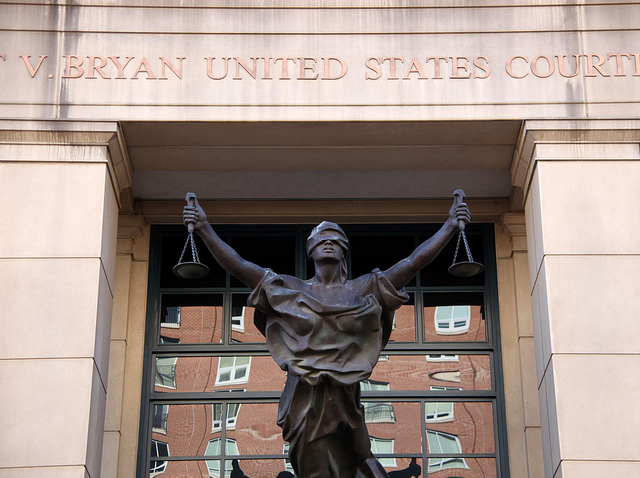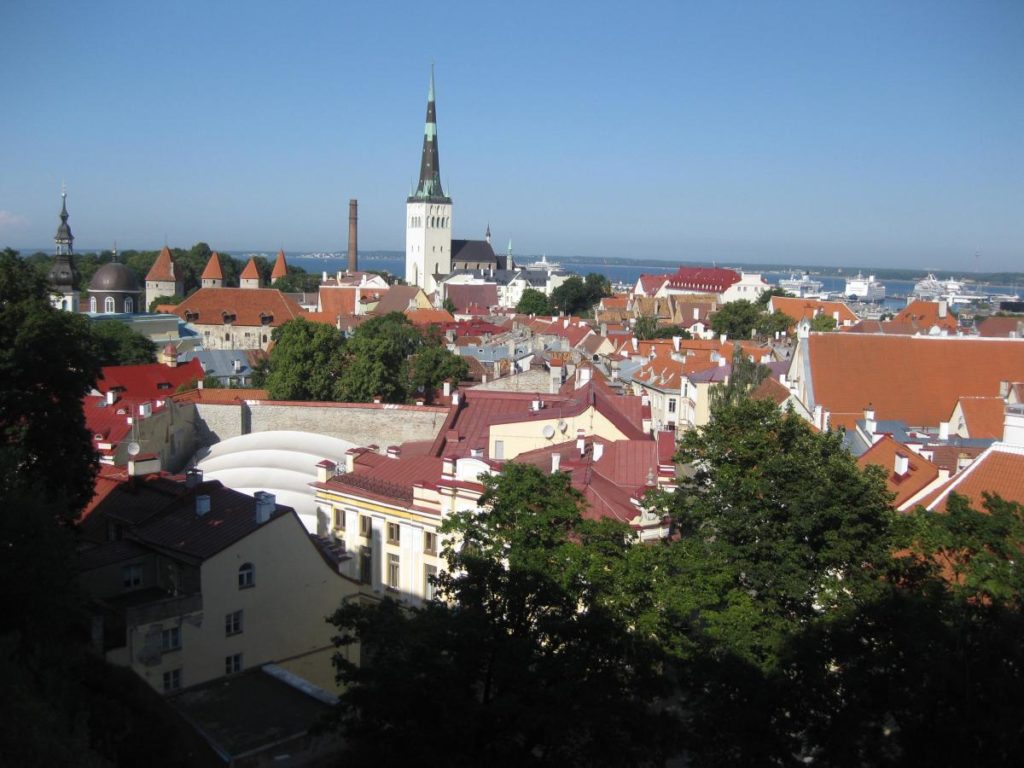With CHRISTOPHER KLOEBLE

Your name: Christopher Kloeble
Current city or town: Berlin
How long have you lived here: 8 years
With CHRISTOPHER KLOEBLE

Your name: Christopher Kloeble
Current city or town: Berlin
How long have you lived here: 8 years
At The Common, we’re celebrating Poetry Month with new work by five of our contributors.
Fayum Portrait [Deal]
I’ve sent a map on wax paper–
What he loves arrayed as clumsy petals.
If it arrives,
someone will ink it in his back,
so it will go with him
like a paw stuffed in a casing,
boardwalk mojo to ward off the hail of RPG, AK,
FOB after FOB, Amputee Ward, TBI, Arlington.
We were unemployed and without a place to go, but we got up in the morning and pressed things under the iron anyhow. Our parents turned us out of their houses, telling us to Go get some fresh air!, then locked the doors they refused to give us keys to. We piled up in the streets like garbage, a dozen of us on every block, sitting open-legged on the curb in department-store suits. There was me, Mike, Paul, and all the rest of the guys we’d grown up with. We were a decade and a half past high school graduation, loaded down and barely breathing under stubble and spare tires and thick letters from Sallie Mae, but there we all were, out at the bus stop again.
At The Common we’re welcoming spring with new poetry by our contributors. (Be sure to listen to the audio link to Megan Fernandes’ “White People Always Want to Tell Me…,” read by the author.)
The Eunuch
In the courtyard were more of these men and women who—how should I describe them?—who still were. They didn’t do anything except exist. They sat, alone or in silent clusters. None would say yes to an interview. I circled the courtyard, asking. Most did not even say no.
By: BETHANY BALL
From What to Do About the Solomons?
Now it is just a question of what to do with Guy Gever. For extra money he works in the evenings to frighten the birds that eat the crops in the fields around the kibbutz. At night, he hunts the porcupines, the dorban, and sometimes the tiny kipod, the hedgehogs, with his brothers. But now people think he has gone mad.
TOM FELS interviews ARCHIBALD MACLEISH

In May 1965, Amherst College student Tom Fels ’67 interviewed three-time Pulitzer Prize-winning poet Archibald MacLeish. The below interview, conducted at MacLeish’s home in Conway, Mass., is adapted from their conversation, a portion of which originally appeared in the town newspaper the Amherst Record.
Archibald MacLeish, one of the best-known American poets, playwrights, and public intellectuals, was born in Illinois, and educated at Hotchkiss and Yale, later taking a law degree at Harvard. After participating in World War I, he forsook the life of an attorney to focus on poetry, making his living for several years as an editor of Fortune magazine. Under President Franklin Roosevelt, he was for five years the Librarian of Congress, and later, during World War II, an assistant Secretary of State. After the war he taught at Harvard for thirteen years before taking the position of Simpson Lecturer at Amherst College (1963-67). MacLeish was the author more than fifty works of poetry, nonfiction, and drama.
Tom Fels is a curator and writer based in southern Vermont. His work in the arts includes exhibitions at the Getty Museum in Malibu, CA, and the Van Gogh Museum in Amsterdam, as well as numerous articles and books. He is the author of two books on the 1960s, Farm Friends and Buying the Farm. Fels met Archibald MacLeish after the poet’s delivery of his convocation speech at Amherst College’s Frost Library in 1963. This interview was the first of many that have played a part in Fels’s writing and research. Among the latest is a conversation with MacLeish’s fellow former Harvard faculty member Daniel Aaron in The Sixties: A Journal of History, Politics and Culture (June 2013).
Listen to a recording of the interview here, or scroll down to read.
By: MARIAN CROTTY

The courtroom is on the fifth floor of a large stone building that was once the Baltimore post office—a stuffy room with thick blue carpeting and walls of wood paneling, several Xeroxed signs reminding us not to chew gum, and long pew-like benches where we crowd together and grumble about how inconvenient it would be to serve on a jury. After we are sworn in, the judge instructs us to stand if certain statements apply to us, and I’m surprised by what people will admit. Would you believe something simply because it was said by a police officer?

I’m afraid I may be lost. I begin down a brick street with St. Olaf’s Church on my right. Its towering spire, a rusty green, has become my lodestar. I rotate my map about ten different times before hesitating down Pikk, the main thoroughfare. This street name is typical in Estonia, where the letters so often occur in pairs. Yesterday afternoon, when I checked into the Hotel Braavo, I thought the spelling had been a mistake. By now I’ve largely forgiven myself for these assumptions, which I remind myself are unbecomingly American. I try to take comfort in the language here, whose coupled letters offer a welcome contrast to my experience wandering the streets alone.